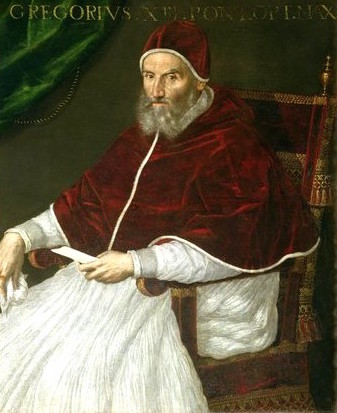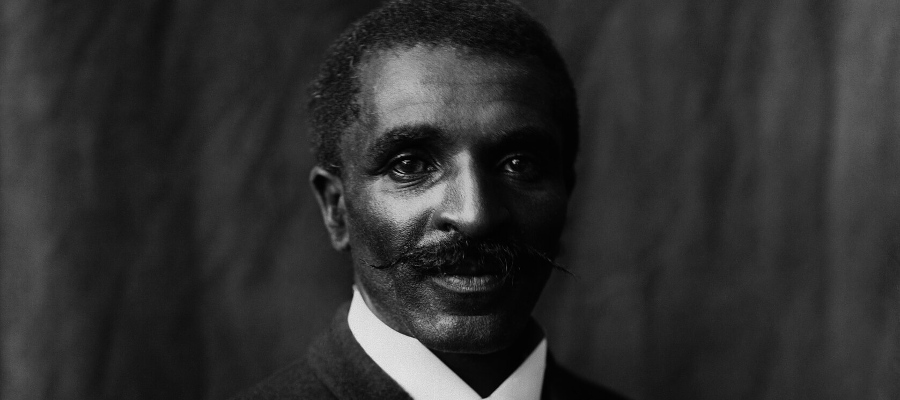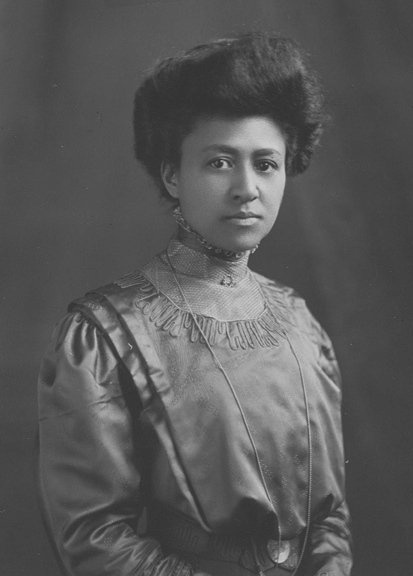
W.E.B. and Nina Du Bois: Lovers of the Baha’i Principles
Born on February 23, 1868, in Great Barrington, Massachusetts, Dr. William Edward Burghardt Du Bois was a famous writer and civil rights activist.
He made history as the co-founder of the National Association for the Advancement of Colored People (NAACP) and the first African American to earn a doctorate from Harvard University.
Learn about his interest in the Baha’i Faith that led to his wife, Nina Gomer Du Bois, becoming a Baha’i.
W.E.B. and Nina Du Bois’s Meeting, Marriage, and Family
Born in Quincy, Illinois, around 1870, Nina Gomer met Dr. W.E.B. Du Bois at Wilberforce University, the oldest private historically Black university in the United States, named after the 18th-century abolitionist William Wilberforce.
W.E.B. taught classics and modern languages at Wilberforce from 1894 to 1896. He met Nina, who was a student there, and married her on May 12, 1896, at her father’s home in Cedar Rapids, Iowa. The following year, they moved to Atlanta. In 1899, their baby son, Burghardt, got sick, but all the white doctors refused to treat him because he was Black. Their son passed away 10 days later at just 18 months old. The next year, they had a daughter, Yolande.
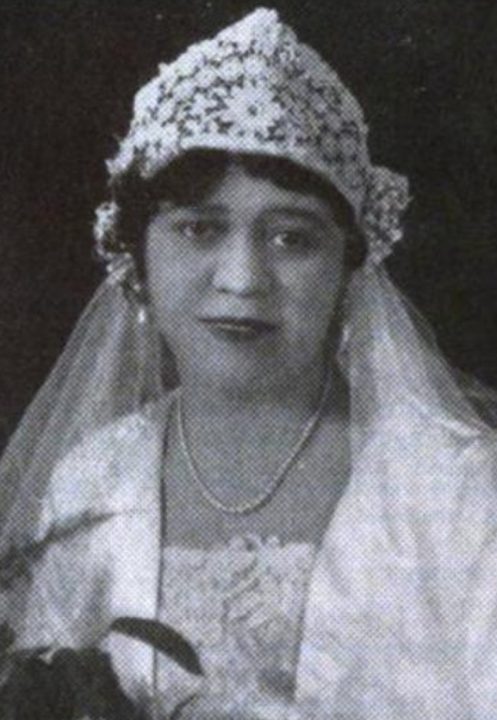
As W.E.B.’s fame continued to rise and his schedule filled with writing, editing, and speaking engagements, Nina managed the household, raised Yolande, and helped raise their granddaughter. She was described as a “retiring, sweet” woman and often wrote letters to W.E.B., updating him about their lives as he traveled. In a telegram from Nina and Yolande to W.E.B. in 1945, they wrote, “Many many happy returns of the day to the finest husband & father in the world.”
W.E.B. and Nina Du Bois’s Interest in the Baha’i Faith
The Baha’i Faith is a world religion that believes in the oneness of humanity and religion. Abdu’l-Baha, one of the central figures of the Baha’i Faith, said:
To be a Bahá’í simply means to love all the world; to love humanity and try to serve it; to work for universal peace and universal brotherhood.
The principles of the Baha’i Faith include the eradication of all forms of prejudice, the elimination of the extremes of wealth and poverty, the equality of women and men, the agreement of science and religion, the truth and oneness of all religions, the independent investigation of truth, and the importance of a universal language and education.
On April 30, 1912, W.E.B. met Abdu’l-Baha after he spoke at the fourth annual NAACP conference in Chicago. At his talk, Abdu’l-Baha shared how humanity was created in “the image and likeness of God—that is to say, the perfections of God, the divine virtues, are reflected or revealed in the human reality.” In his talk, “man” refers to humanity. Abdu’l-Baha said:
He who is the image and likeness of God, who is the manifestation of the bestowals of God, is acceptable at the threshold of God—whether his color be white, black or brown; it matters not. Man is not man simply because of bodily attributes. …The character and purity of the heart is of all importance.
That May, W.E.B. devoted most of his “Men of the Month” column of The Crisis magazine — the official publication of the NAACP and the nation’s oldest African American publication that is still publishing today — to Abdu’l-Baha. He also published Abdu’l Baha’s entire speech in The Crisis’s June edition.
W.E.B. later wrote, “I met personally Abdu’l-Baha [sic] when he was in America. I had great respect for him and for his movement.” After Abdu’l-Baha passed away in 1921, W.E.B. wrote in The Crisis that two “men sit high before the world today—Eugene Debs and Abdu’l-Baha.”
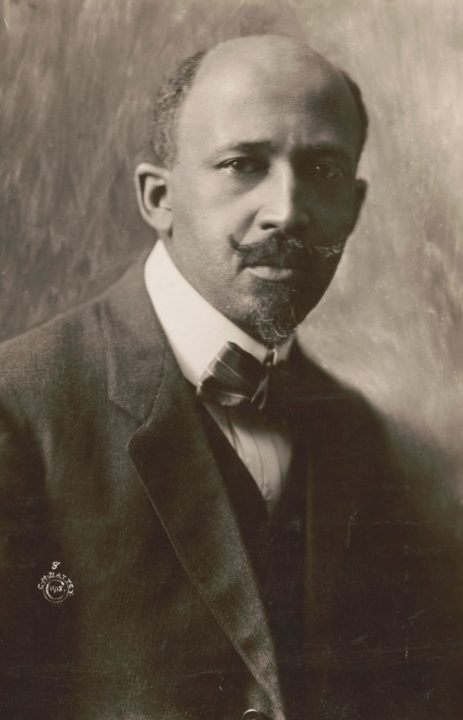
W.E.B.’s NAACP would continue to collaborate with Baha’is on racial justice issues for several decades. According to the Baha’i World News Service, W.E.B.’s wife, Nina Gomer Du Bois, officially declared that she was a Baha’i in 1936. Both W.E.B. and Nina were involved in Baha’i community life and had close Baha’i friends. W.E.B. even spoke at the Green Acre Baha’i school.
Nina Gomer Du Bois passed away on June 26, 1950, at 80 years old in the 55th year of their marriage. In a letter announcing her passing, it says, “She lies buried beside the body of her first-born son, below a little hill at Great Barrington, Massachusetts. The love of all who knew her will keep her memory green.” W.E.B. remarried the following year.
W.E.B. continued to correspond with many well-known Baha’is throughout his life, including Coralie Franklin Cook and Louis Gregory. On October 10, 1951, W.E.B.’s Baha’i friend, Lawrence Albert Hautz, gave W.E.B. a copy of “The Advent of Divine Justice” — a book written by Shoghi Effendi, the Guardian of the Baha’i Faith. Inside the book, Lawrence wrote, “This is the law and how to apply it for Baha’is in the U.S. It would apply as well to minority situations everywhere in the world.”
“The Advent of Divine Justice” is an incredibly powerful book for racial healing and social justice. W.E.B. was especially impressed with how Shoghi Effendi advocated for diversity and inclusion. Decades before affirmative action programs began, Shoghi Effendi wrote the following in 1938:
If any discrimination is at all to be tolerated, it should be a discrimination not against, but rather in favor of the minority, be it racial or otherwise. Unlike the nations and peoples of the earth, be they of the East or of the West, democratic or authoritarian, communist or capitalist, whether belonging to the Old World or the New, who either ignore, trample upon, or extirpate, the racial, religious, or political minorities within the sphere of their jurisdiction, every organized community enlisted under the banner of Bahá’u’lláh should feel it to be its first and inescapable obligation to nurture, encourage, and safeguard every minority belonging to any faith, race, class, or nation within it.
W.E.B. continued to read the Baha’i writings and stay up-to-date on Baha’i news publications. Some Baha’is would even ask for his advice on how to share the Baha’i teachings. Although he greatly respected Abdu’l-Baha and the Baha’i principles, he struggled with believing in divine revelations. In a letter to Lawrence and Carol Hautz, W.E.B. wrote that “having been a member of the Congregational Church for fifteen years and of the Episcopalian Church for ten years, I decided in 1896 never again to join any organization in which I had to say that I believe what I do not believe.”
In a letter Louis Gregory wrote to W.E.B. in 1943, Louis wrote, “My impression is that your idealism of youth suffered so much that you lost faith in religion not long after writing “Souls of Black Folk.”
However, in 1954, W.E.B. wrote, “…if I were going to join a religious organization I should certainly be strongly tempted to join the Bahai movement because of its broad principles, its international and inter-racial program.”
Towards the end of his life, W.E.B. moved to Ghana to manage the creation of an encyclopedia of the African diaspora that the Ghanaian government funded. He became a Ghanaian citizen in 1961 and passed away there on Aug. 27, 1963.

Source link
